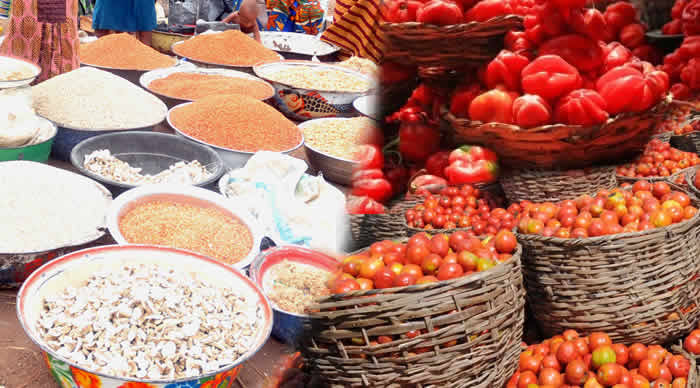Nigeria, Africa’s most populous country, is facing a severe food shortage crisis due to the ongoing conflicts in the northeast and banditry in the northwest and north-central states.

The Food and Agriculture Organisation (FAO), an arm of the United Nations has predicted that 82 million Nigerians, about 64 per cent of the country’s population, may go hungry by 2030.
Food Shortage Crisis
The prediction came in the wake of Nigerians experience severe hunger in the country.
UN called on the government to tackle climate change, pest infestations, and other threats to agricultural productivity.
The Resident Humanitarian Coordinator of the Food and Agriculture Organisation, represented by one of the UN officials, Taofiq Braimoh, made this known while speaking recently at the launch of CropWatch in Abuja.
He explained that technology could help expedite the accomplishment of sustainable development goals in food and agriculture.
People Also Read: Inflation: How You Can Eat Healthy Food On A Budget
He said: “The government of Nigeria, in collaboration with others, conducts an annual food security survey.
This year’s results are alarming: approximately 22 million Nigerians will face food shortage in 2024, and around 80-82 million are at risk of severe food insecurity by 2030.
Solutions
“Nigeria, like many countries, grapples with food insecurity, climate change, unreliable water patterns, pest infestations, and other threats to agricultural productivity.
As an agrarian society, our farms’ success directly impacts food availability for our population.
Leveraging technology is crucial to strengthening our agriculture sector and ensuring food security.
“The satellite-based crop monitoring provided real-time data on crop conditions, enabling farmers and policymakers to make informed decisions and optimise agricultural practices.
“Technology could help expedite the accomplishment of sustainable development goals in food and agriculture,” he added.

